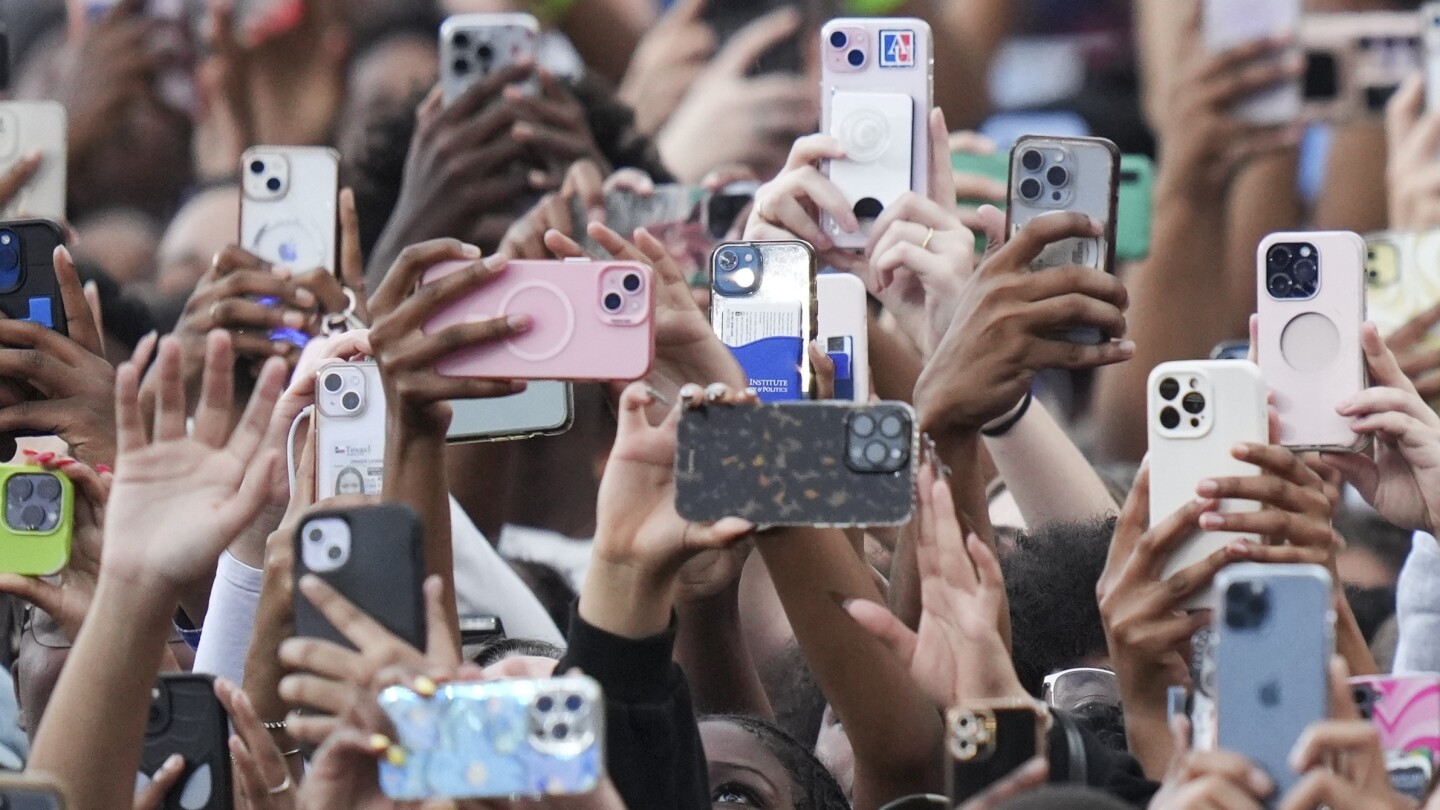The findings, drawn from a survey of more than 10,000 U.S. adults and an analysis of social media posts posted this summer by influencers, provide an indication of how Americans consumed the news during the height of the U.S. presidential campaign that President-elect Donald Trump ultimately won.
The study examined accounts run by people who post and talk regularly about current events - including through podcasts and newsletters - and have more than 100,000 followers on Facebook, Instagram, YouTube, X or TikTok. They include people across the political spectrum, such as the progressive podcast host Brian Tyler Cohen and conservative podcaster Ben Shapiro, as well as non-partisan personalities like Chris Cillizza, a former CNN analyst who now runs his own newsletter.
The report found that news influencers posted mostly about politics and the election, followed by social issues like race and abortion and international events, such as the Israel-Hamas war. Most of them – 63% - are men and the majority – 77% - have no affiliation, or background, with a media organization. Pew said about half of the influencers it sampled did not express a clear political orientation. From the ones that did, slightly more of them identified as conservative than as liberal.



I think this has become such a thing because the Right has essentially taken control of current mainstream media, with them constantly doing things like giving Trump (and other fascists) the benefit of the doubt and “both sides” everything.
But the right also has a large and widespread network for their lies/disinformation/conspiracy theories on “independent media” as well. Look at the top 10 podcasts/web shows (on YouTube/etc.), or at the number of just hate “social” networks, and what amount of those push anything outside of Trump-land talking points?